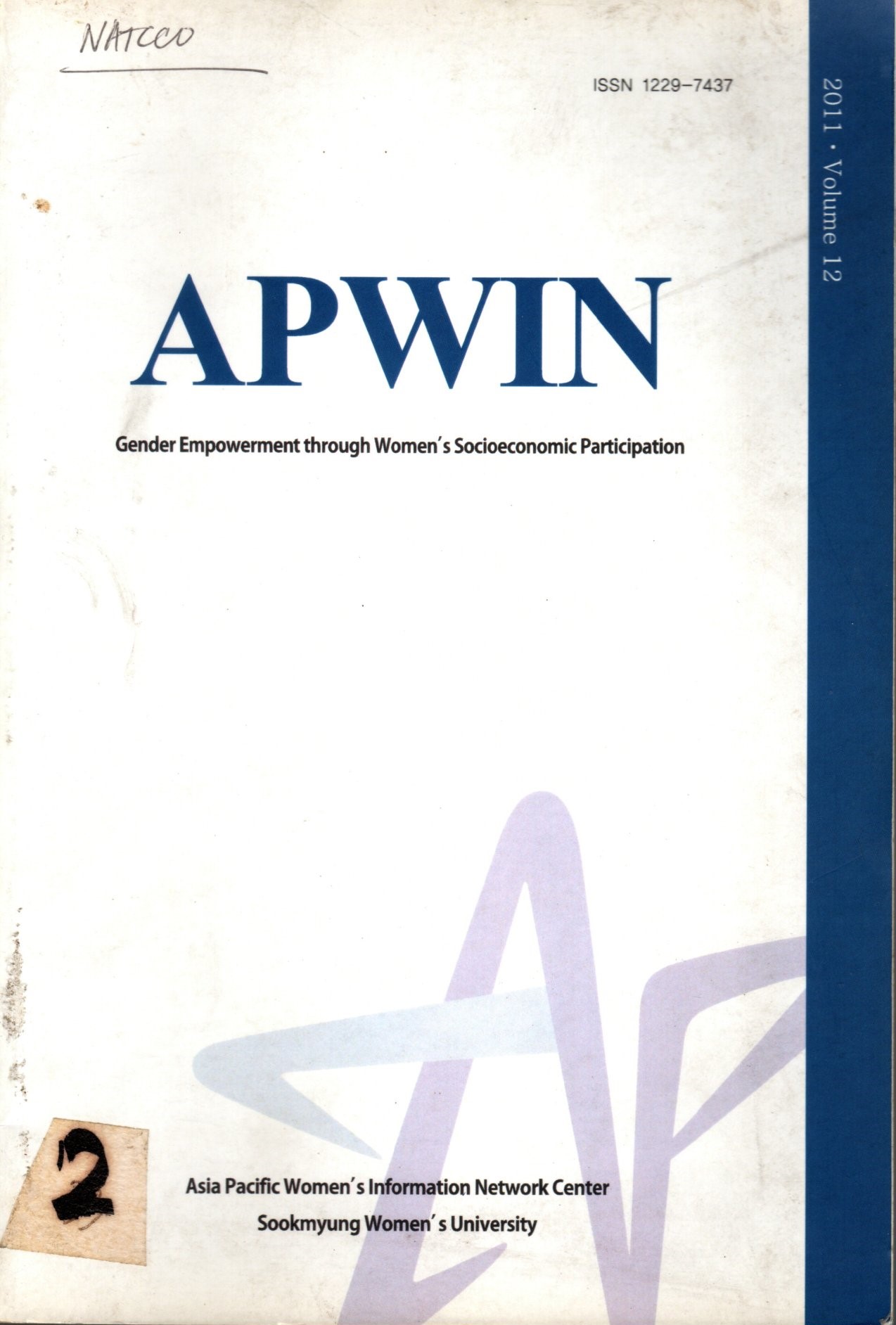

The Asia Pacific Women’s Information Network Center or APWIN published this journal containing a number of articles highlighting the remarkable use of ICTs to improve the socio-economic condition of women in Asia. In this journal, six notable cases that happened across the Asian nations, mostly in regions of Southeast and East Asia, have been given focus. The first case introduces the contribution of ICT to women living in a society governed by Burmese military. The use of ICTs in their area has proven the positive influence of access to technology on strengthening communities due to open information and exchange. The second article shows how women working overseas are victims of an existing “double standard” in their home villages. There, women who had the privilege of working abroad are noted as heroes due to their remittances but are also frowned upon because they worked for the informal sector (as laborers and domestic workers). But, as proposed by the case, homegrown industries or businesses may not only potentially benefit the village due to proper use of remittances but also change the negative perception of the village to women who work overseas. The third case on e-Bunday communities in Brunei looks more into the creative use of radio, mobile, and internet to effectively broaden the impact of their programs while, at the same time, involving women in issues that concerned them. The fourth case states the narrative on how CSR programs of companies like Intel promote digital literacy. While the last two cases which happened in Korea gives a glimpse of how funded research has impacted e-Korean government systems for women.